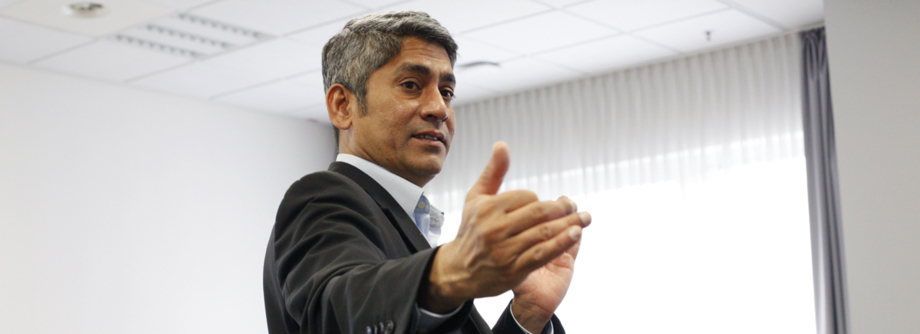Development Diversity and social inclusion: Diversity oriented Development Education
Context
The building of humane and just societies demands adequate recognition
of the importance of freedoms in general, which include cultural liberty: This calls for securing and constructively expanding the opportunities that people have to choose how they would live and to
consider alternative life styles. Cultural considerations can prominently figure in these choices.
(Cultural Liberty in today’s Diverse World. UNDP Human Development Report, 2004).
Since some years now, owing to the movement of people across (global) borders, several countries in Western Europe, including Germany, evolved into being countries of immigration. The resulting
diversity of European communities calls for a critical examination of the current discourse and policies, especially around the treatment of people with a background of migration and the barriers to
their full participation in social and political life. The acknowledgment of global diversity is intricately connected to and presupposes accepting diversity at home, in the local community. A just
and equal treatment of diverse ways of living and diverse identities challenges the assumptions behind a priori hierarchies among cultures. However, due to a lack of differentiated and democratic
exchange of ideas the cultural and religious diversity is not sufficiently valued and treasured. As a result, lop sided assumptions, false judgments and stereotypes dominate discourse and policies in
this field.
This one-sided attitudes have negative effects not only on the personal level but become entrenched in the structural and institutional levels,including the conception of development projects, fund
raising campaigns and (development) educational concepts, which in turn take their toll on societal and international relations as well. Development Diversity workshops deal with mechanisms that
initiate and perpetuate such ideologies of domination and suppression.They challenge participants to break the circle of discrimination and initiate and develop constructive and just global
"South-North" relationships. The global-local interconnectedness results in new, non-discriminatory processes of thinking and acting. Thes processes are initiated and supported by employing process-
and action oriented methods of Antidiscrimination work and Diversity Management.
Target Groups/Areas of Implementation
- Trainers and Multipliers of Development Education
- Teachers, Faciltiators and Adult Educators
- Development Volunteer Porgrams
- Preparatory and Evaluation seminars for Development Workers
- Pedagogical Guidance for Expatriates and returning Development Workers
- Development Summer schools
- One World Groups/Fair Trade Inititatives
- German and European Youth Exchange Programmes
The aim of all diversity development programs is to increase the Capability of all involved, at all levels, to appreciate the opportunities offered and face the challenges posed by a heterogeneous
community (owing to ethnic origins, gender, Age, physical and mental challenges, religious affiliation etc.) and the resulting need to evolve inclusive developmental educational programmes.
Themes dealt with in the Training Modules and other Diversity Development Strategies
- Diversity and Development Education: Project Development, Fundraising and Developmental Education
- Inclusive Processes in Conception, Implementation and Evaluating Development Projects
- The Principle of Coherence: Project Work, Public Relations and Workplace Diversity
- Pitfalls in Project work: Checklists for Diversity Development in Institutions
- Conflict Resolution, Problem Solving Methods, Moderation und Facilitation techniques
- Developing Indicators fora Diverse and Inclusive Development Education
- Developing Guidelines for personal Diversity oriented thinking and action
Additional Services
Besides organizing trainings and organizational and personnel development programs we also undertake commissions for lectures, expert inputs, key note addresses at conferences, seminars and
workshops. We welcome requests for developing and implementing joint educational projects or events (conferences, lecture series/teaching tasks) in anti-discrimination and further diversity
development programs. If interested, do not hesitate to contact us.
Interested individuals and groups may use the contact us to organise trainings in their institutions, get themsleves trained as Diversity Development Managers/Trainers or incorporate diversity training modules into their learning programmes and/or introduce diversity related programmes in their organsiational development schemes.


